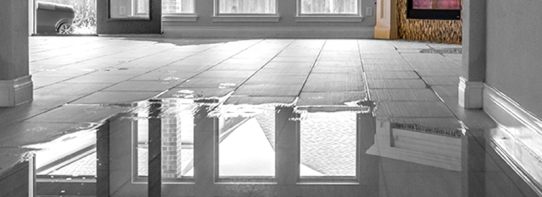Why did my Homeowner’s Insurance increase?

If you are a homeowner, it is likely that you will see a premium increase on your 2023 home insurance renewal. Most years, renewal increases are either non-existent or small enough for most insureds not to notice. But starting in 2022, homeowners in each state were seeing their rates increase 12.1% or higher, causing hundreds, if not thousands of dollars in additional premium. What could be the cause of such a significant increase? Here are a few of the most common reasons your home insurance rates went up.
Inflation:
Surprisingly, most don’t realize that homeowner’s insurance is based on replacement cost, not market value. Replacement cost is based on the estimated cost to repair, rebuild, or replace your home at current prices of construction materials and labor. Market value is the amount your home is worth on the housing market. Your home insurance rate is heavily based on how much dwelling coverage is on your policy, which is the replacement cost value. When construction materials increase, inflation will occur to keep up with the current replacement cost of your dwelling, which then results in a premium increase. There is other several factors causing replacement costs to increase:
- Cost of Home Materials
- Labor Costs
- Constructions Costs
- Square Footage of the Home
- Labor & Construction Supply & Demand
- Age of the Dwelling
Weather related claims:
Severe weather events have become more frequent in the past few years. Over the past 5 years, The United States suffered 89 weather related events, which resulted in a loss of $1 billion each. The insurance industry has experienced record setting claim payouts and financial losses due to these weather-related events. Because of this, insurance companies are increasing the consumers rates to pay for these losses.
Insurance Score:
Your insurance score can determine your homeowner’s insurance rate. Your insurance score is usually determined by your claim’s history and credit score. The lower an insurance score is, the higher your premium will be. If your credit took a dip this past year and you have filed a claim, expect your premium to spike up.
What can I do to reduce my home insurance premium?
It is important to notify your insurance agent of any changes to your dwelling since this could impact your rate. When updates are made to your dwelling, such as replacing your roof, you could see a decrease in premium. Set up an appointment with your agent for a renewal review so your agent can make all the necessary updates to your home insurance.
During the review, make sure to ask your agent if there are any discounts that you are eligible that could help reduce your home insurance rate. Here are some of the discounts most carriers can provide to help you save:
- Multi policy discount: When bundling your home and auto insurance under one carrier, you can see a premium reduction anywhere from 15% to 30%.
- Protective Devices discount: By providing proof you own a central fire or burglar alarm, video surveillance system, or smart/connected home technology (Ring or Nest), your homeowner’s carrier will apply a discount to your premium. Deadbolts, smoke detectors and fire extinguishers in the household are helpful as well.
- Senior Citizens Discount: Some carriers can offer a discount if you are retired and over the age of 55.
- Having an automatic standby generator or a water shut off device can help save you some premium.
At Hanson & Ryan, we want to make sure you are properly covered and are still receiving the most competitive rate for your home insurance. Give us a call today!



